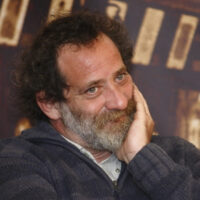Theoretical Linguistics MA
For students
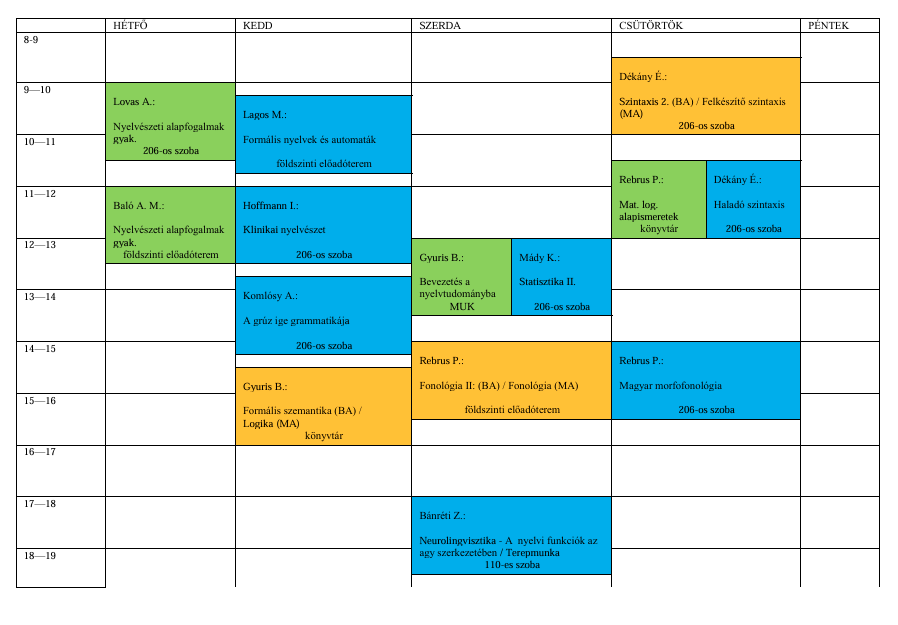
Az órák helyszíne: Nyelvtudományi Kutatóközpont (Budapest VI., Benczúr u. 33.).
Információk az Elméleti Nyelvészeti Központban működő tudományos diákkörről
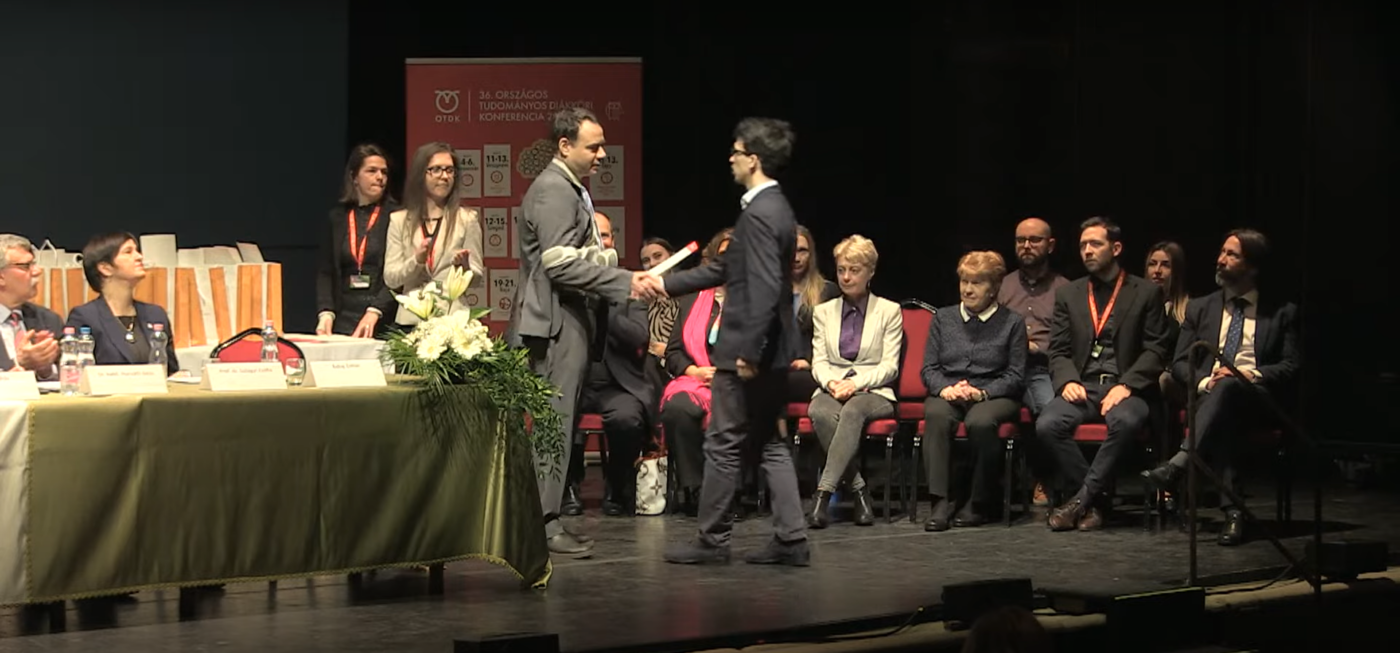
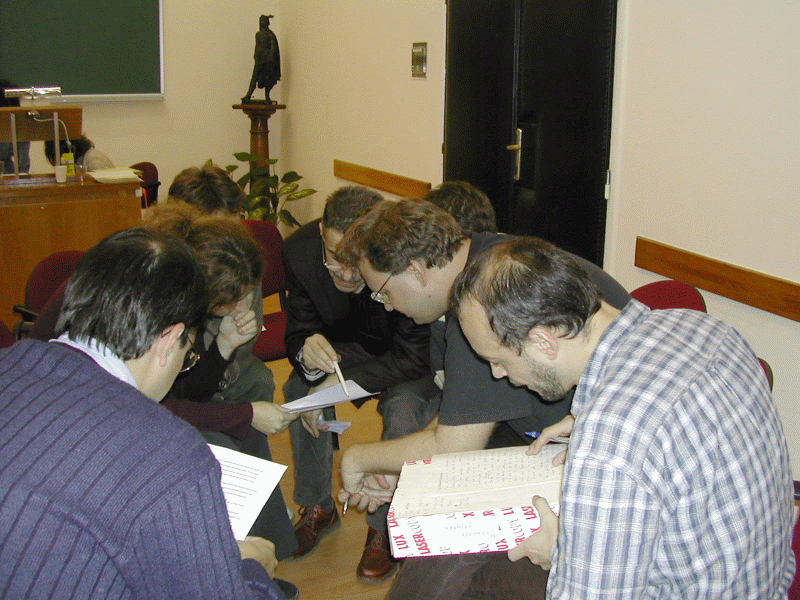
Információk az MA felvételijével kapcsolatban
ELTE BTK – HUN-REN Hungarian Research Centre for Linguistics
1068 Budapest, Benczúr 33 Benczúr St, Budapest, H-1068
Phone: (36-1) 342-9372/6016
Miklós Törkenczy
chair of the MA programme in Theoretical Linguistics
Kinga Gárdai
senior academic administrator
tneqnv.xvatn@alghq.rygr.uh vagy tneqnv.xvatn@ogx.rygr.uh
Theoretical Linguistics MA•About
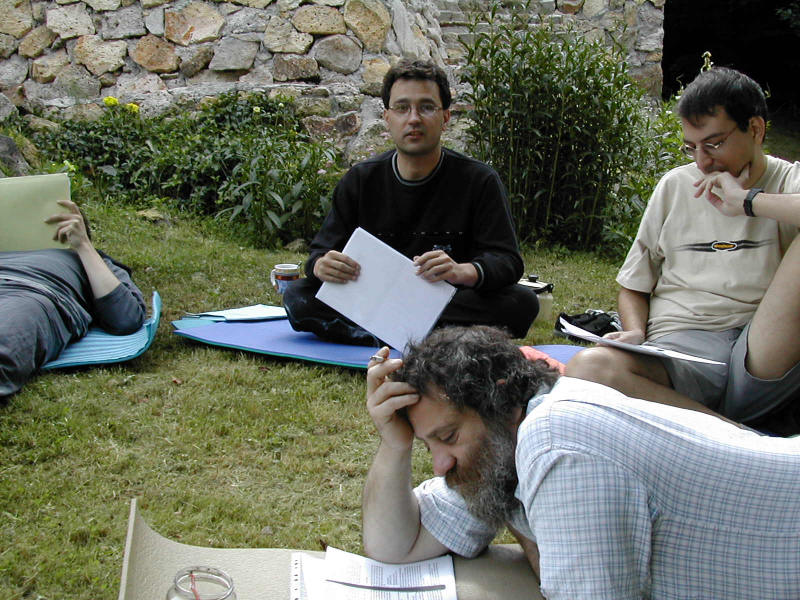
Our department, officially called ELTE BTK–NYTK Centre for Theoretical Linguistics at the Faculty of Humanities at ELTE Eötvös Loránd University has been a unique example of a close cooperation between a research institution and a university for more than 30 years.
Since 2007, we have been responsible for teaching a specialization in theoretical linguistics within the liberal arts BA programme, as well as an MA and a PhD programme in theoretical linguistics. We also teach intorductory courses in linguistics for students of various foreign languages at ELTE.
The focus of the training at the MA programme lies on the basic disciplines: phonology, morphology, syntax and semantics. These are complemented by the study of interface phenomena and adjoining academic fields, such as sociolinguistics, psycholinguistics, computational linguistics or neurolinguistics. Research seminars are an important part of the training, where lecturers, senior and postgraduate students discuss research findings and pursue joint research. The core teaching staff, who are all active or emeritus researchers at the research centre, includes specialists of all the major fields of modern linguistics.
The aim of the degree programme is to enable students to carry out high-quality research in a wide range of domains through the creative and critical use of various research methods in contemporary linguistics. We train them to be able to perform tasks such as creating databases, constructing grammatical models, conducting experimental studies of the psycholinguistic and neurolinguistic aspects of language acquisition, doing research on artificial intelligence, or addressing problems related to the description of the Hungarian language system, to the philosophy of language or to theoretical aspects of historical linguistics.
The skills acquired in the programme can be applied for the description of the structure and system of the present-day Hungarian language, for developing curricula for mother tongue education, diagnosis and therapy of language disorders, machine translation, computer linguistics, development of linguistic databases and software, dictionary writing, writing language books and textbooks, media-related jobs.
The majority of our former MA students went on to pursue doctoral studies in leading linguistics programmes throughout the world (including MIT, NYU, Edinburgh University, CEU, Utrecht, Freiburg, Tromsø, Groningen, Stony Brook, University College London, Toronto), followed by a career in academia as university professors or researchers at top international institutions (including the University of Utah, the University of Vienna, Vienna Technical University, the University College London, CNRS Institut Jean Nicod, The Open University, or the University of British Columbia).
Many of our other former students made a successful career at major multinational firms (including, for example, J. P. Morgan, Google, Amazon, or Ethereum).
Theoretical Linguistics MA•Specializations
The MA programme in theoretical linguistics is taught in Hungarian. See the Hungarian site for more information on specializations within the degree programme here.
Theoretical Linguistics MA•Staff
Permanent faculty employed by ELTE


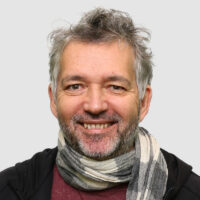
Permanent faculty from HUN-REN NYTK
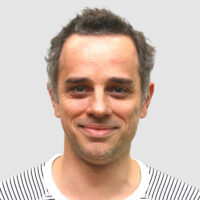
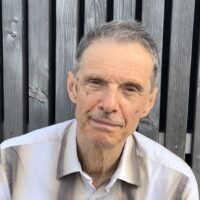

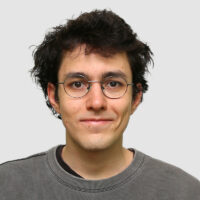
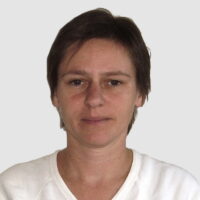

Our professors who shaped the programme since the beginnings
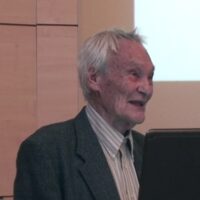

Regularly invited lecturers
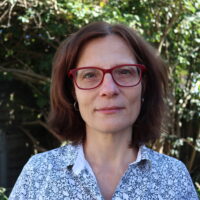
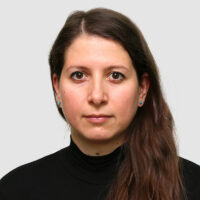
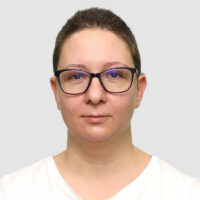
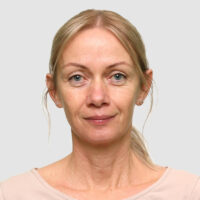

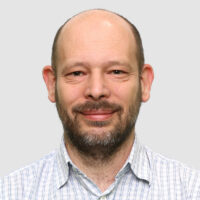
Senior academic administrator

